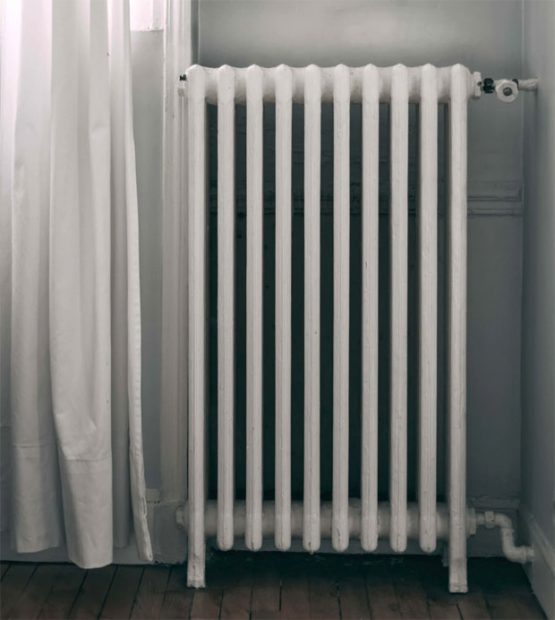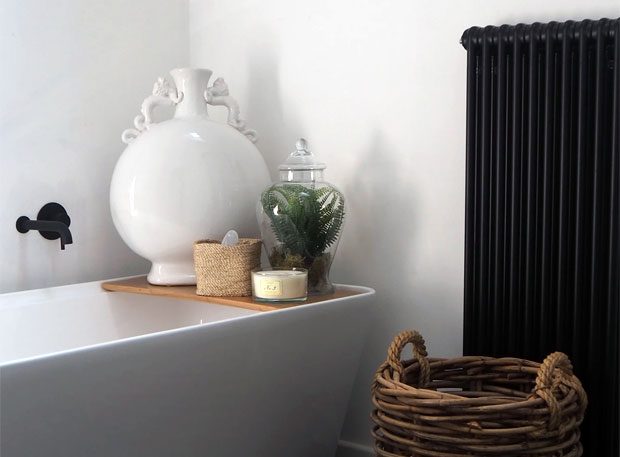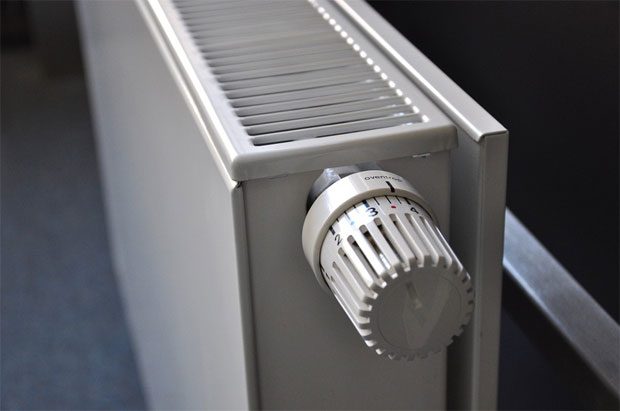All You Need to Know about Boilers before Winter
All You Need to Know about Boilers before Winter
The cold season is most definitely here, though we have a little bit of time before it starts to get really cold. If you are in the market for a new heating system, now is the perfect time to get one installed. You don’t want to be without heating in your home when it starts to get chilly outside, after all.
As with all major purchases, it’s good to have a good understanding of how things work. If you’re considering installing a boiler system in your house, this article will explain the benefits of this type of heating system in a quick and easy way. If you’ve never thought about the benefits of having a boiler-based heating system, read boxt to find out more.
How a Boiler System Works
- A boiler heating system is comprised of two parts:
- The boiler that heats and distributes the water, and
- The pipe network through which the water flows.
- The pipes are installed in the walls or subfloor of each room in the house and are all connected to the boiler.
- The boiler pumps hot water through these pipes during operation. As the water flows through the pipes, the heat from it radiates through them and into the room.
This is how the boiler heats the house. It is also why this form of heating is called “radiant heating.”
The Benefits of a Boiler System
Radiant heating offers several unique advantages, first among them is
- Energy efficiency. Water makes a much better thermal medium than air does, as it’s able to hold the heat for longer.
- Wit boiler systems, you also don’t have to worry about duct leaks, which cause losses of up to 30% in forced air systems.
- Boilers like combi boiler also heat rooms more evenly than forced-air heating systems. Since warm air rises to the top of a room and sinks as it cools, forced air heating systems tend to create hot and cold spots during operation. You might be thinking “how much is a new combi boiler” and wondering if it will be a big expense but it doesn’t have to be and it’s a good investment in your home.
- Boilers transport thermal energy between solid objects, keeping all the heat near the floor of the room where it’s needed.
All You Need to Know about Boilers
A boiler system is unlike a forced-air system in many ways. Rather than using air to distribute heat, the boiler pumps hot water throughout the home. A network of pipes is installed in the subfloor of each room in the house that is to receive heat. Occasionally, the network will have terminals like baseboard heaters or radiators attached to it. When the thermostat activates the boiler, it begins to run water through a heat exchanger in the unit. The warm water is then pumped throughout the pipe network in the home. As the water flows through the pipes under the floor, the heat from it radiates upward and into the room.
The Advantages
Water is a much better medium for transporting thermal energy than air is; it warms up faster and stays warm for longer. Add to that the fact that boilers don’t have to worry about duct leaks, and it’s easy to see that boilers are far more energy-efficient than forced air systems are. Boilers like that of Worcester Bosch also tend to heat homes much more comfortably than forced air systems. With forced air systems, the warm air that enters a room will rise to the ceiling, where it is least useful to the occupants. Boiler systems transfer heat from the object to object, keeping it near the floor of the room where it can be better felt.
Guest Article. Contains a sponsored link.








